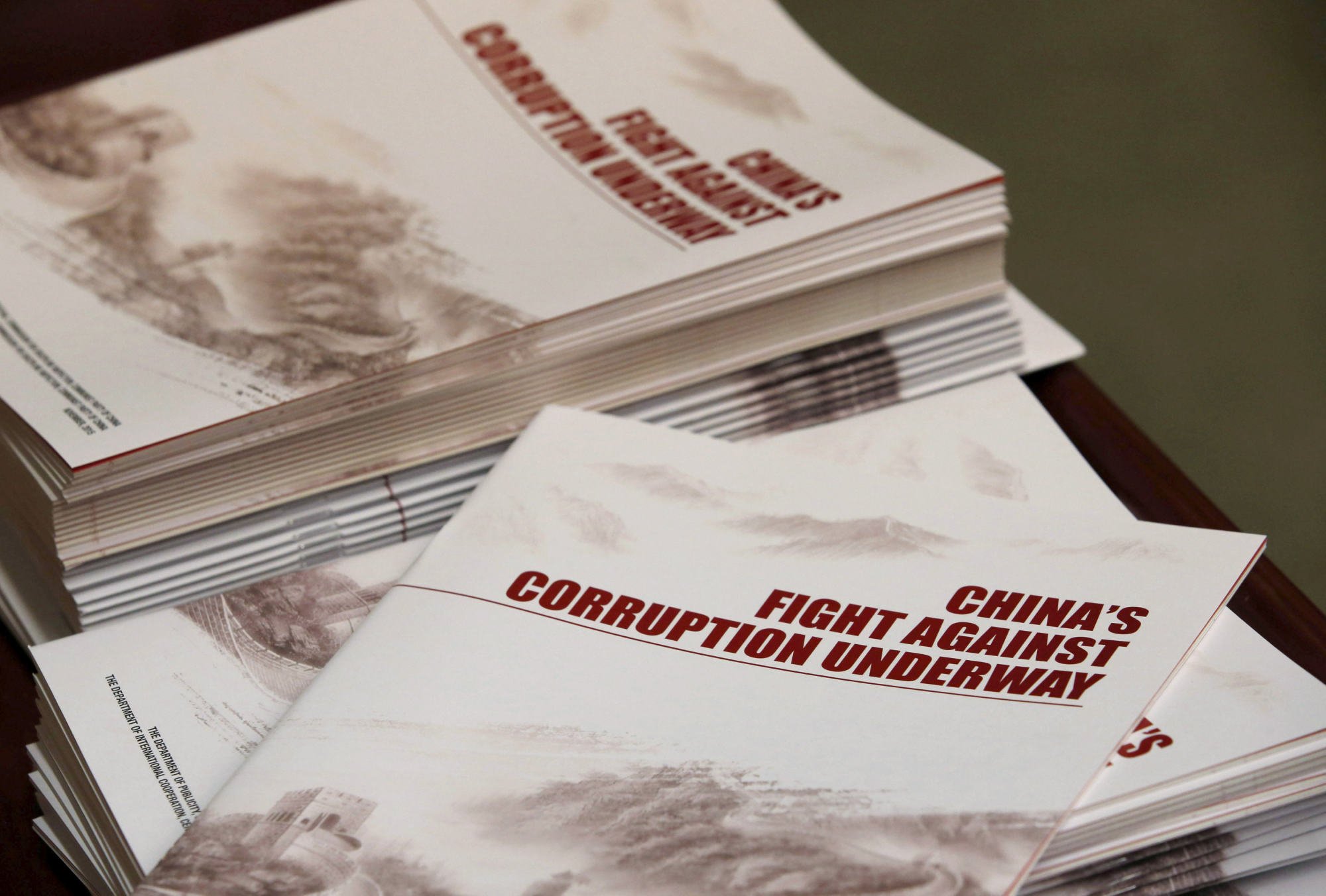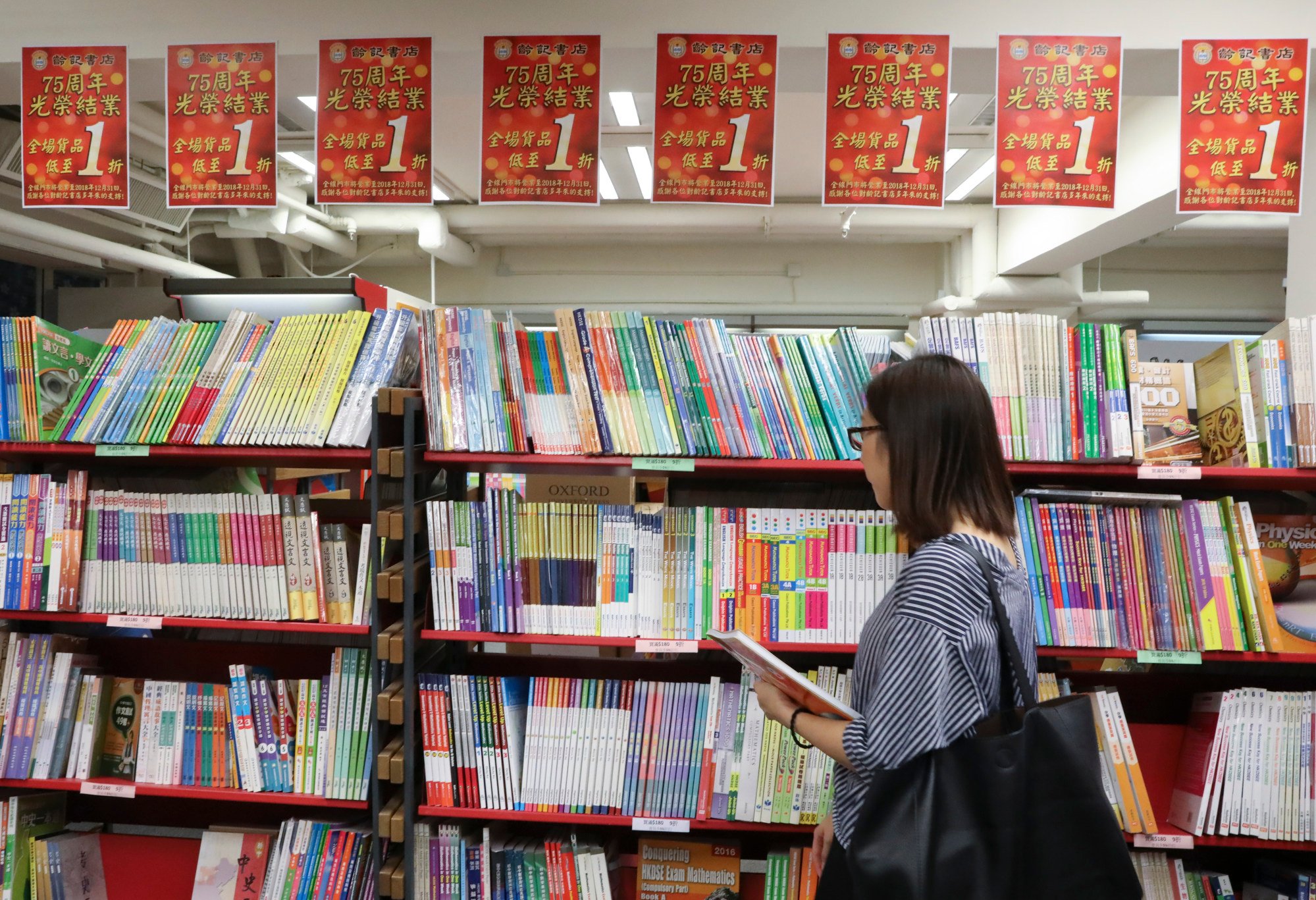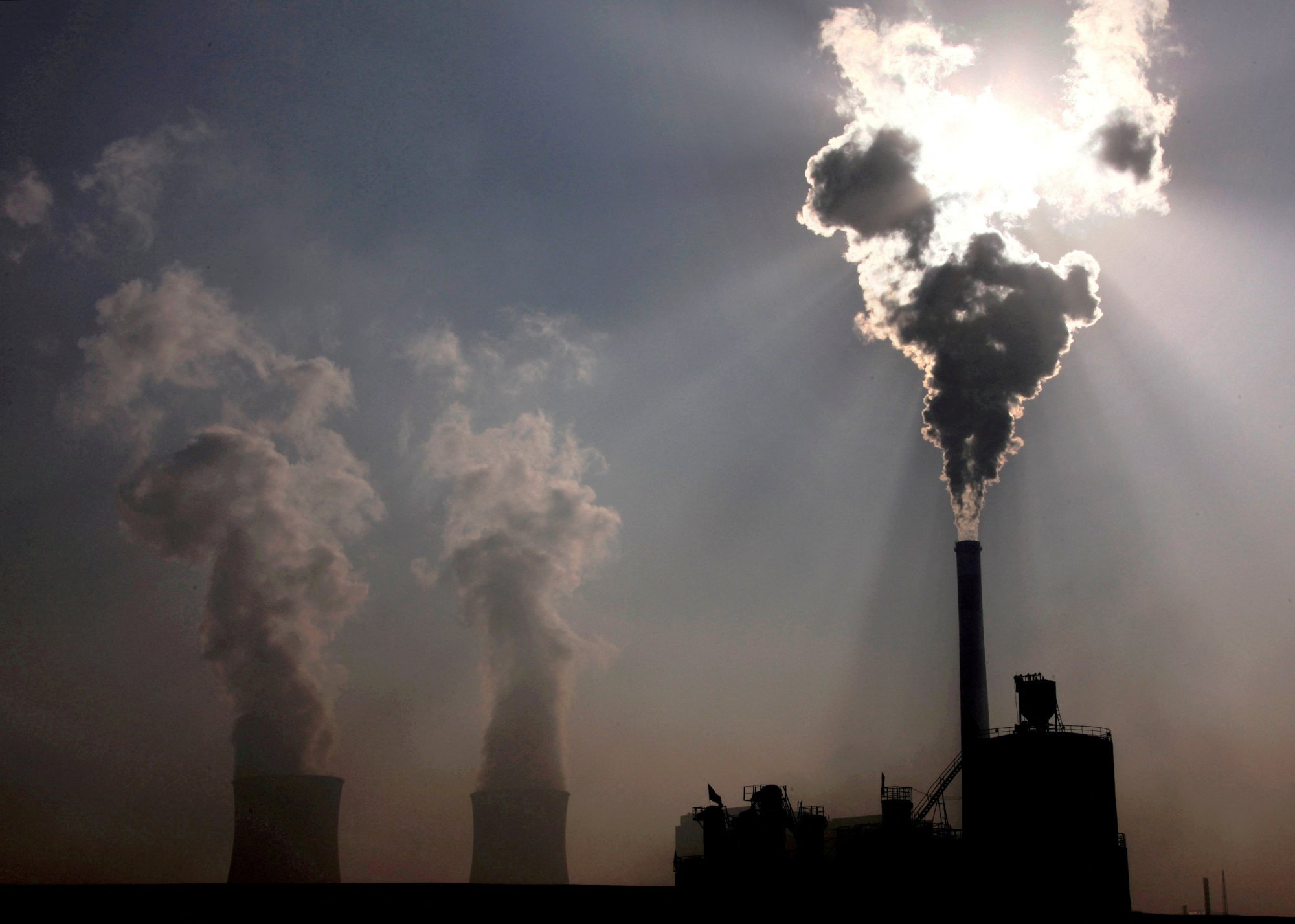
China’s Xi rose to power on his anti-corruption drive, but the fight’s grown more political – and it’s far from over
- Nearly 5 million members have been caught in the Communist Party’s anti-corruption dragnet over the past decade under Chinese President Xi Jinping
- Yet a decisive victory, and achieving the stated goal of ensuring officials ‘dare not, cannot and don’t want to’ be corrupt, still seem elusive
Since he came to power in late 2012, Xi and his supporters have deftly combined this ruthless effort with a relentless ideological campaign aimed at consolidating power by crushing political rivals and strengthening control over all levels of society.

But don’t expect any let up in the party’s anti-corruption efforts – Xi has repeatedly vowed as much and the campaign has, indeed, become one of the most effective tools to instil political compliance and loyalty among its 97 million members.
A ruthless political watchdog with a wide remit
We can glean some fascinating insights about the anti-corruption drive’s changing dynamics by taking a closer look at the CCDI’s announcements of its investigations into a number of senior officials.
Whenever overseas media pick up on such statements, they tend to focus on fallen officials’ corrupt deeds: the huge embezzlement cases, massive bribes and flagrant abuses of power for personal gain.
But the eye-catching and egregious amounts of money involved – often running into the hundreds of millions of yuan – are only a part, albeit an important one, of a much bigger picture. The CCDI’s remit extends much further.
Since becoming more politically driven under Xi’s tandem disciplinary and ideological campaigns, the commission now gives more weight to political discipline and political protocols – usually a reference to whether officials heed and obey the party leadership. Organisational discipline and scrutiny of members’ integrity in public, as well as at work and in their home lives, are also a part of the CCDI’s remit.
Corrupt officials keep forcing China to raise the bar for death penalties
Almost all the officials currently being investigated by the CCDI were first and foremost accused of violating political discipline and political protocols, judging from its recent announcements. These violations are often expressed in such stock phrases as “speaking ill of the party’s policies”, “abandoning ideals and convictions”, “being untruthful and disloyal to the party”, and “resisting investigation”.
After former top judge Shen Deyong, for instance, was placed under investigation earlier this year, the CCDI charged the former vice-president of the Supreme People’s Court with abandoning ideals and convictions, being untruthful and disloyal to the party, and resisting investigation. It also accused him of abusing his power and position to amass a huge amount of bribes.
Officials can also be subject to expulsion for religious activities, even state-approved ones, as the party is officially atheist, characterises religions including Buddhism as “superstition” and forbids religious believers to join.
On Wednesday, Guangdong announced that Xie Xiaodan, a former top official in charge of law and order in the provincial capital of Guangzhou, was expelled from the party and turned over to prosecutors on criminal corruption charges. An official statement gave participating in religious activities as one of the reasons for his downfall.

Retroactive charges dash retirees’ ‘red line’ hopes
When Xi launched his disciplinary campaign 10 years ago, the CCDI made it clear that it would primarily target serving officials who continued to engage in corruption after 2012, when Xi became paramount leader. That had once given false hopes to officials who retired before the red line was drawn.

Given the widely-known fact that many officials have had extramarital affairs, or condoned family members’ abuse of power for personal gain, discipline regarding their personal lives has also been strengthened. There have been state media reports suggesting that the CCDI has also tried to monitor officials’ after-work activities. For instance, its officers routinely monitor the comings and goings at expensive upmarket restaurants during national holidays. Some local authorities have even issued public warnings to officials about being seen hanging around with young women.
Officials are also required by the party leadership to file detailed disclosures of their financial assets including stocks, bank deposits and other investments, for internal reference.
Is capital evil? China’s widening crackdown has the ring of a bygone era
That may sound encouraging. But the recent spate of announcements by the CCDI on new corruption investigations shows that the party is far from reaching its stated goal of ensuring officials “dare not, cannot and don’t want to” be corrupt.

